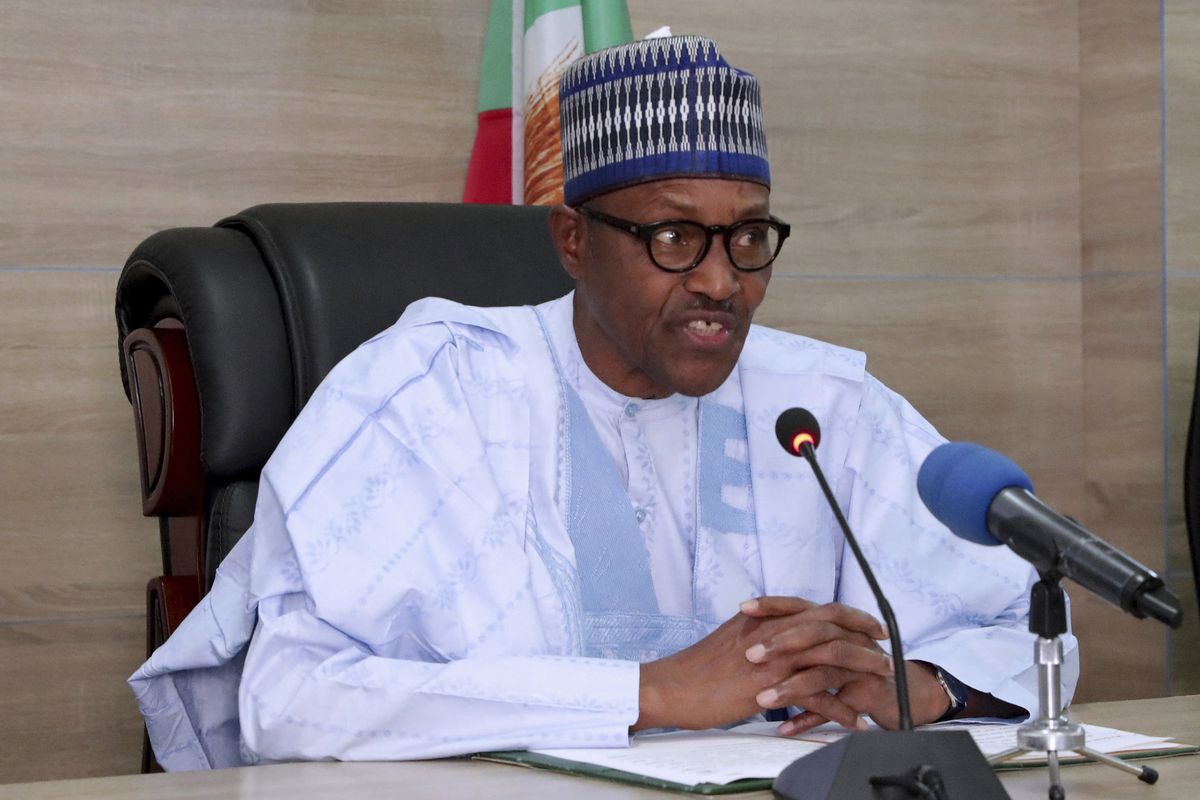
The Federal Government has expressed its readiness to sign the African Continental Free Trade Area (AfCFTA) agreement in the forthcoming African Union Summit in Niamey, Niger.
The News Agency of Nigeria (NAN), reports that the ordinary and extraordinary session of the AU summit is scheduled to hold from July 4 to July 7.
The First Mid-Year Coordination Meeting of the AU and the Regional Economic Communities is expected to hold on July 8.
According to the Presidency in its Twitter account @NGRPresident, Nigeria will be signing the AfCFTA agreement after extensive domestic consultations.
“Let me state unequivocally that trade is important for us as a nation and all nations. Economic progress is what makes the world go round.
“Nigeria is signing the #AfCFTAAgreement after extensive domestic consultations, and is focused on taking advantage of ongoing negotiations to secure the necessary safeguards against smuggling, dumping and other risks/threats,” it said.
It quoted President Muhammadu Buhari as saying in its Twitter account @MBuhari “our position is very simple; we support free trade as long as it is fair and conducted on an equitable basis.
“Our vision for intra-African trade is for free movement of `made in Africa goods’. That is goods and services.”
The president said that if the AfCFTA succeeded, the Federal Government must develop policies that could promote African production among other benefits.
NAN recalls that on June 27, Buhari received the report on impact of the AfCFTA and Nigeria’s’ readiness for it.
The report of the committee which was inaugurated in October 2018 would form part of the consideration on the next step on the AfCFTA.
Nigeria, the largest economy on the continent is one of the countries that are yet to ratify the agreement.
The AfCFTA aims to eliminate tariffs among member states, create a market of 1.2 billion people with a combined Gross Domestic Product (GDP) of more than 2.2 trillion dollars.
Apart from Nigeria, only Eritrea and Benin have chosen not to join the zone.
Buhari had expressed concern it could allow neighbouring countries to inundate Nigeria with low-priced goods, and frustrate efforts to encourage moribund local manufacturing and expand farming.





